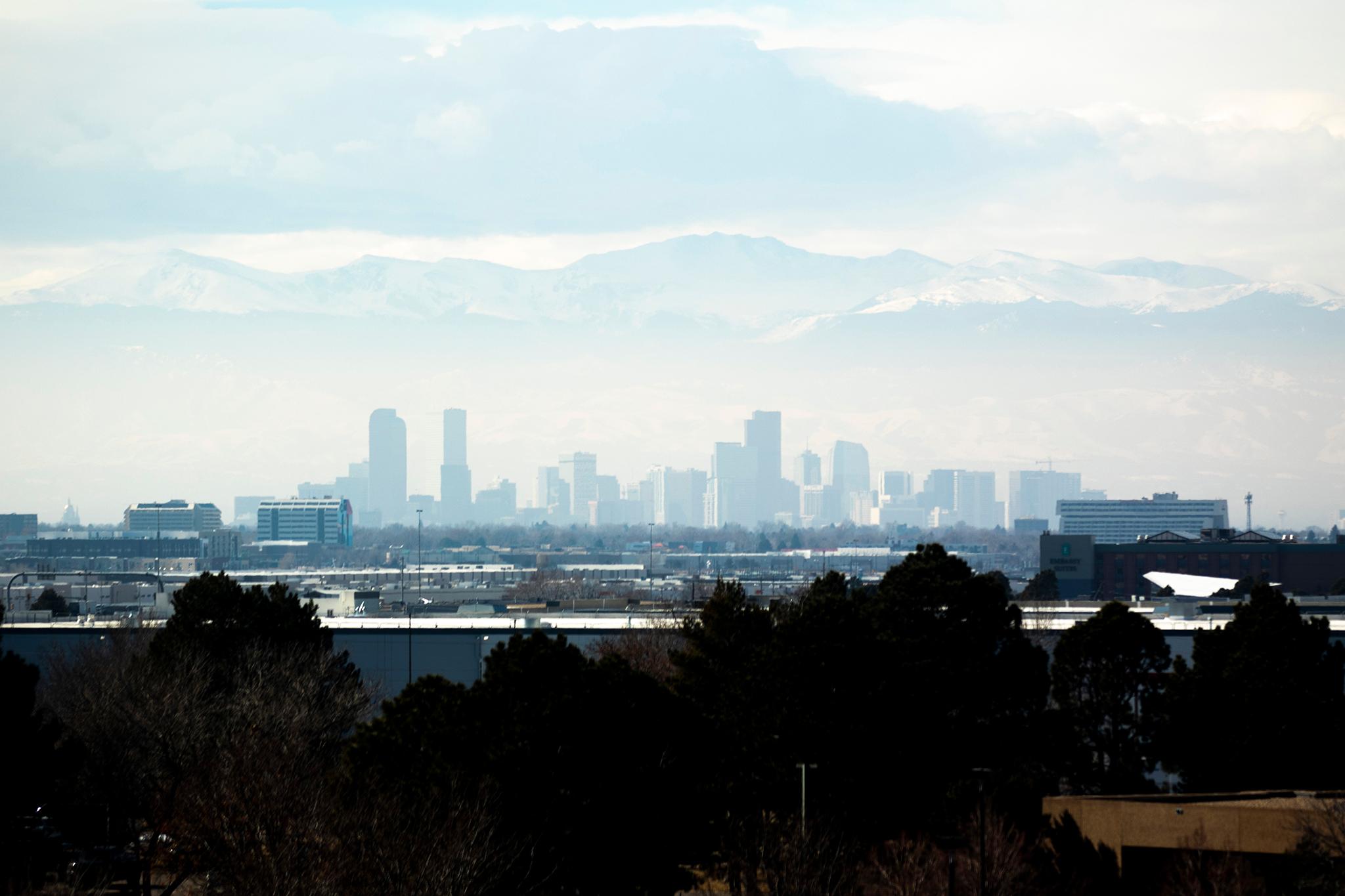More than 24,000 of apartments in the Denver area are vacant so far in 2024 — a figure that has held steady compared to the end of 2023. Average rent is up $5, to $1,875. That’s according to the Apartment Association of Metro Denver, which released its quarterly report Tuesday.
The slight change in average rent continues months of relative stability after rent rose steadily in 2021 and 2022. At the end of 2023, average rent dropped by $18. Now it’s back up by $5. But the median rent — the middle range in the metro area — is up by $13 compared to the end of 2023.
The report takes into account the broader Denver metro area, which includes nearly 420,000 units. Thornton, Northglenn and downtown Denver have the highest vacancy rates at around 7%, while Aurora north has the lowest with 4.2%. Newer buildings tend to have higher vacancy rates than older buildings constructed before 1970, while studios have higher vacancy rates than two-bedrooms and three-bedrooms.
Meanwhile, evictions remain high. In January of this year, Denver County Court saw more eviction filings than any other January on record. While rents have held steady, eviction advocates say the price of housing remains high and out of sync with wages, while the Denver area lacks enough affordable units.
The steady vacancy rate comes as Metro Denver sees large growth in new units coming online.
Denver got around 5,100 new apartments in the first quarter of 2024. Compare that with the average number of new units per quarter over the past four years: 2,900. According to the report, the metro area saw around 27,000 new apartments in the past two years, compared to a historical average of around 10,000 over two years.
“That's a huge increase,” said Cary Bruteig, who conducted the research with Apartment Insights.
Apartments have been coming online faster than people are renting them, which explains the vacancy rates. Drew Hamrick, senior vice president for government affairs with the Apartment Association of Metro Denver, said that’s good for renters.
“A 5.8% vacancy rate is an extremely consumer friendly, healthy vacancy rate,” he said. “Seeing that flat out is nothing but good news for a consumer, and the corresponding one and a half percent increase in rent rates over the last 18 months – particularly when you compare it to inflationary environments and a lot of different things – is very, very healthy.”
But the data suggests apartment growth will slow down around two years from now.
That’s in part due to high interest rates, a response to nationwide inflation that included higher housing costs.
Hamrick also cited local affordable housing requirements, which some developers say has scared off investors. Permitting backlogs have also contributed to a slowdown in getting projects approved.
The Apartment Association of Metro Denver has opposed things like rules passed by Denver in 2022 that require a certain level of affordability in new development. But advocates say those types of interventions are necessary for a city that simply lacks enough affordable housing.
That turn might be coming. While new housing plans include a larger proportion of affordable units, the number of apartments under construction has started to decrease since a peak in 2023, while the number of proposed apartments has steadily declined since last year.














